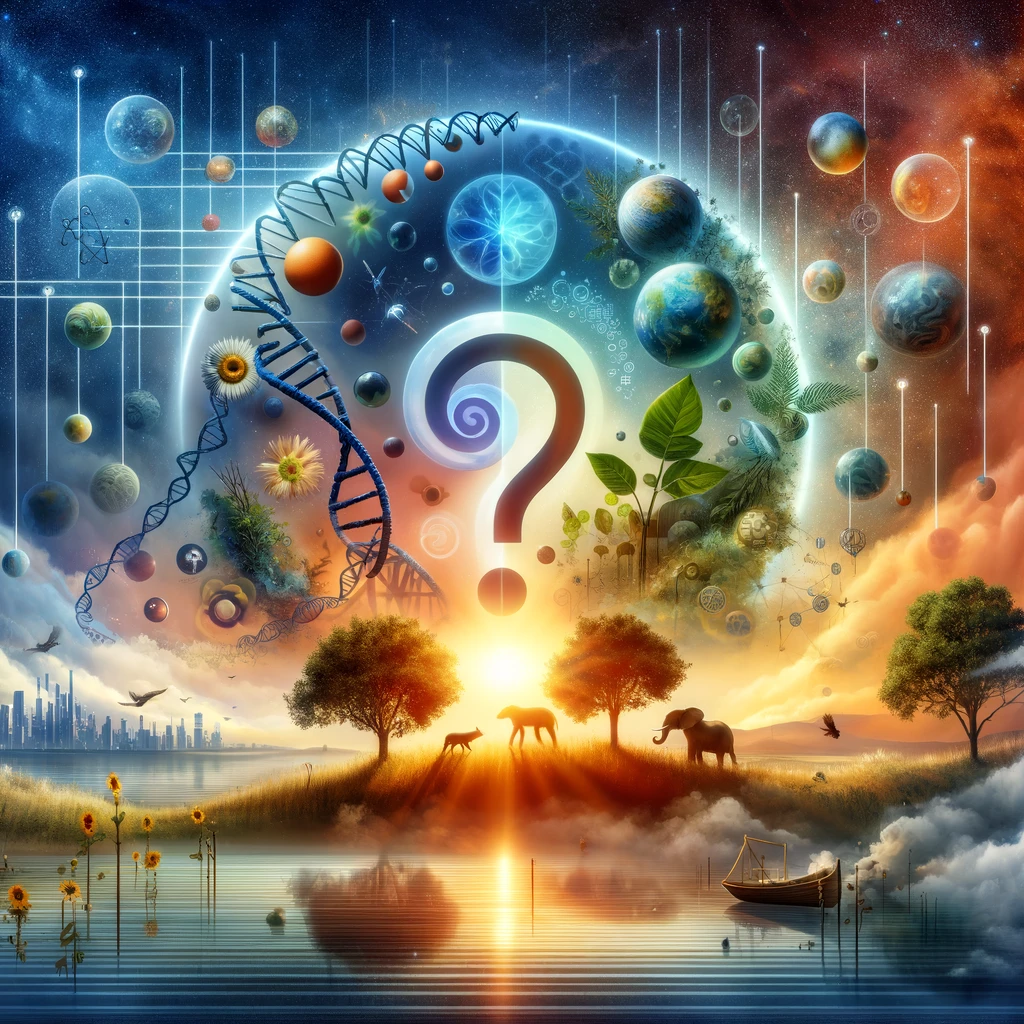
What is life

That’s a big question that philosophers and scientists have been pondering for ages! There isn’t one universally agreed-upon definition of life, but from a scientific perspective, we can describe it based on certain characteristics.
Here are some of the key features of life:
- Made of cells: All living things are composed of cells, which are the basic units of life. These cells are complex and carry out specialized functions.
- Organized structure: Living things have a highly organized structure, from single-celled organisms to complex multicellular organisms like us.
- Metabolism: Living things can take in nutrients from their environment and break them down to use for energy and growth. This is called metabolism.
- Homeostasis: Living things can maintain a stable internal environment even when the external environment changes. This is called homeostasis.
- Growth and development: Living things can grow and develop, either by increasing in size or by changing form.
- Adaptation: Living things can adapt to their environment over time. This can happen through evolution, where beneficial traits are passed on to future generations.
- Reproduction: Living things can reproduce to create new individuals.
These are just some of the characteristics of life. Scientists are also continuing to explore the possibility of life existing elsewhere in the universe, and may need to refine the definition based on those discoveries.
“Life” is a complex concept that encompasses various definitions across biological, philosophical, and existential domains. At its core, in a biological sense, life refers to the condition that distinguishes animals and plants from inorganic matter, including the capacity for growth, reproduction, functional activity, and continual change preceding death. Living organisms share several key characteristics, such as the ability to respond to stimuli, metabolize energy, maintain homeostasis, and evolve over time.
Philosophically and existentially, the meaning of life has been a subject of debate for centuries, involving questions about the purpose, significance, and value of human existence. Different cultures, religions, and philosophical systems offer diverse interpretations, ranging from the attainment of happiness and fulfillment, to serving a higher power or fulfilling a specific destiny.
In summary, “life” can be understood through a multitude of lenses, each providing a different perspective on what it means to live.